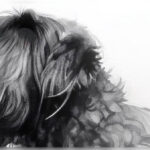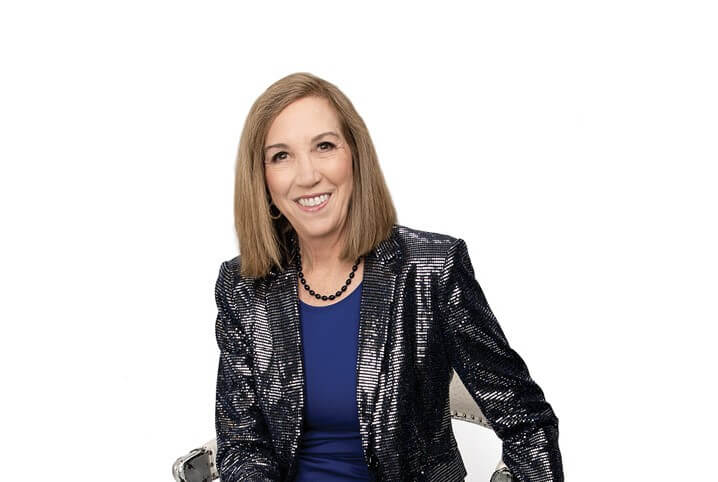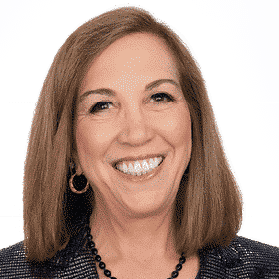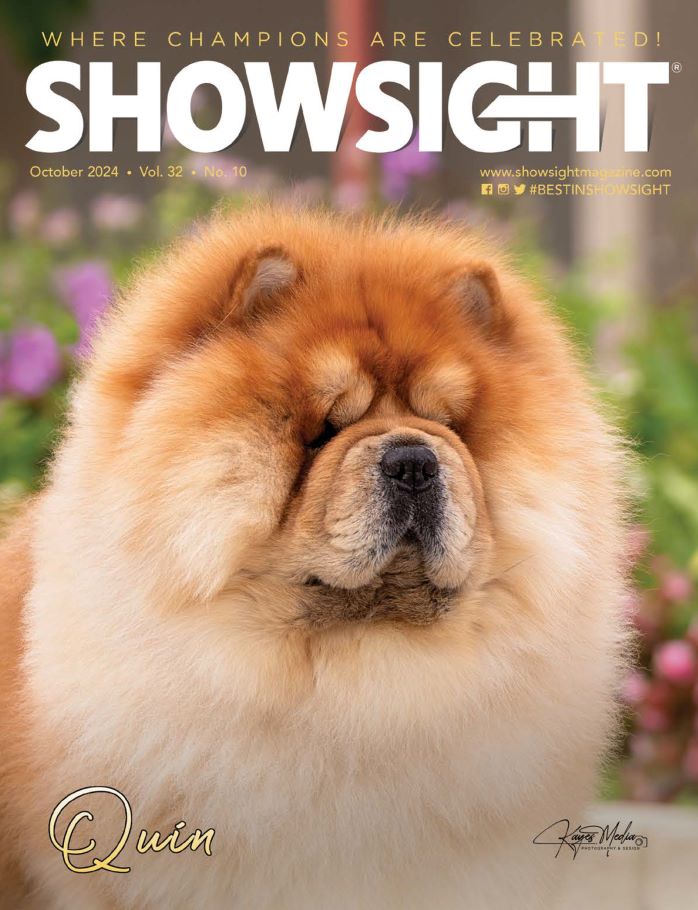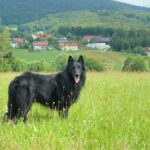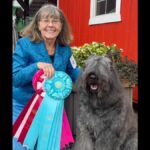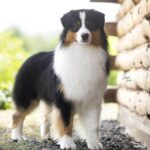I have coached some of the most competitive and successful dog show owner handlers for over six years now. Among them, there have been “owner handlers,” “breeder owner handlers,” “NOHS exhibitors,” and “exhibitors.” Notable is some crossover in nomenclature, particularly when you add the “professional handlers” who are also “breeder owner handlers.”
For this article, I will call exhibitors who compete in any/all conformation events, whether they are officially classified by the AKC as professional handlers or NOHS exhibitors, as DSOH (Dog Show Owner Handlers). The terms owner handler and professional handler are not mutually exclusive, regardless of what some community members think.
The Path to…
Let’s look at possible paths taken by DSOH to be competitive. In life, we have individual decision-making processes. The way anyone becomes competitive is to work up to deciding on one’s direction. We don’t always consider this to be goal-setting, particularly when it happens organically and incrementally. When it happens like a thunderbolt, our mind often cements the goal, and it is filtered through the lens of attaining that particular objective.
In both scenarios, there are goals, or you can think of them simply as decisions. The Thunderbolt looks like: “I have decided that I am going to be a high-level professional handler,” or “I have decided that I am going to breed and show the best English Setters in the US and show them myself.”
In the second case, the decisions are incremental. “I want my dog to win a blue ribbon.” When you get the first blue ribbon, you then decide, “I am going to keep showing until he wins a purple one.” And then you vow to keep showing until your dog gets his championship. Once that happens, you decide you want your dog to win a purple ribbon, purple and gold, and so on. One step. Another step.
In both of these scenarios, I coach the exhibitor from where they are to the level that they desire. I call it the “gap.” Their highest aspirations are my highest aspirations.
What does this have to do with the Decision and the Goal?
Dog Show Owner Handlers
All of these individuals made choices, either incremental or thunderbolt-style decisions, which brought them to where they are today.
Sometimes exhibitors decide that they want to breed and show dogs, and those individuals become professionals. Some exhibit one breed or several breeds within a Group; others may become all-breed professional handlers. However, either way, that doesn’t preclude their showing a breed they have bred and they are labeled an owner handler.
DSOH who compete in NOHS sometimes feel less valued by the dog show community than the professional handlers. The reasons are varied; including smaller NOHS Group rosettes (some are downright puny), fewer and smaller Group prizes, and derisive comments by judges in the ring, comments by judges in interviews or articles, non-approved judges who judge their NOHS Group, and the changing of the NOHS Group judge at the last minute. So, when some members of the dog show community say that DSOH act “entitled,” they are partly right. Who wouldn’t act as if they deserved the same level of equal treatment in these cases?
The following is an excerpt from Caroline Coile’s article in another publication titled, “Owner-Handlers at Westminster?”
“But many owner-handlers, and even professionals, felt it was misleading, and that’s why some were unhappy. Yes, the handlers were co-owners of the dogs, in some cases even co-breeders. But no, they weren’t what we think of when we think of true owner-handlers. They were professional handlers who also owned the dogs they were showing. That doesn’t mean they aren’t owner-handlers, but it is somewhat different than how most dog show people use the term. There is a perceptual difference between what we think of as a true owner-handler—usually somebody who could qualify for NOHS if they wanted, and who shows only one breed—and a professional handler who is also an owner-handler.”
In response to Caroline Coile’s article in another publication titled, “Owner-Handlers at Westminster?”, I agree that we don’t usually think of someone who is an all-breed professional handler, who pilots a breeding program for clients, as a typical owner handler. Based on the eligibility factor alone, they are not. However, they are still dog show owner handlers (DOHS). It doesn’t mean they aren’t equally proud of their accomplishments. Similarly, it’s insulting to try to rob them of that appellation. I think this is a limiting concept about who owner handlers are or what they can accomplish. They can “fish in a number of ponds” successfully.
I believe that this is a statement that also narrowly defines and generalizes owner handlers into a category defined by the NOHS. I have seen many NOHS exhibitors who continually hold their own in the “regular” Groups. Likewise, I have seen numerous exhibitors whom I consider to professionally present their own dogs (whether they own and show only one or many breeds) and who compete successfully in NOHS and in the regular Group.
Some members of the dog show world believe that NOHS isn’t “real” competition. However, “real” and “regular” are not synonymous. The term “regular” refers to the traditional or original Group. Both groups are “real,” not “virtual.”
I look at NOHS as precisely what it is; judging dogs shown by people who own them.
The question I ask is: “What DO we believe as the foremost dog show community in the United States?”
During my 30-plus years in dogs, I have seen plenty of owner handlers who are breeders rise to the top of the dog show game. Some of them made the decision early in life. Maybe they had a Thunderbolt moment while watching Westminster on TV and decided to do whatever it took to be in that arena. Some may have started as early as Junior Showmanship competition and worked for a professional handler as an assistant. Others used the incremental system, and as their success and experience grew, they became revered, honored, and won more than their share of Groups and Bests.
The NOHS Decision
How one shows up as a DSOH is a choice based on career, home, family, lifestyle, or another basis. For various reasons, owner handlers decide to check the box or not. NOHS is a decision.
As I see it, when dog shows have over 80 percent of dogs shown by their owners, and the other 20 percent are dogs that are owned by someone and shown by someone else who is being paid to show that dog, it’s the owners who are most valuable in the Sport of Purebred Dogs.
There have been several comments lately about pecking order and where owner handlers lie in the order of importance in the world of dog shows. There was a time when there was a linear pecking order. When the AKC licensed professional handlers, those handlers had assistants who routinely worked for them for years before they went out on their own. That created a pecking order of handlers with different levels of experience.
Today, although there are still assistants to professional handlers, they usually work for them for much less time. We see many young handlers of today who, as a judge, I am unable to tell which ones are handler assistants, which ones are professionals, and which ones are owner handlers.
Although there is less of a pecking order today in the handler world, the concept of such does exist among some former handlers.
The dog show world should shed its viewpoint that “some owner handlers are viewed as someone who could qualify for NOHS if they wanted.” Many owner handlers qualify for NOHS and successfully compete in the regular Groups, placing consistently.
Alternatively, there are arguably hundreds of professional handlers who do not qualify for NOHS but have fished in a few of the other ponds like breeding and owning some spectacular dogs. It is time that we treat each other with the utmost respect and a high-level mindset with the greater dog show community. In both cases, the decision is made and the results are harmonious with the goals of the Sport of Purebred Dogs: Breed and show excellent dogs for the preservation of the breeds themselves and for the Sport that supports them.
May it be so.
